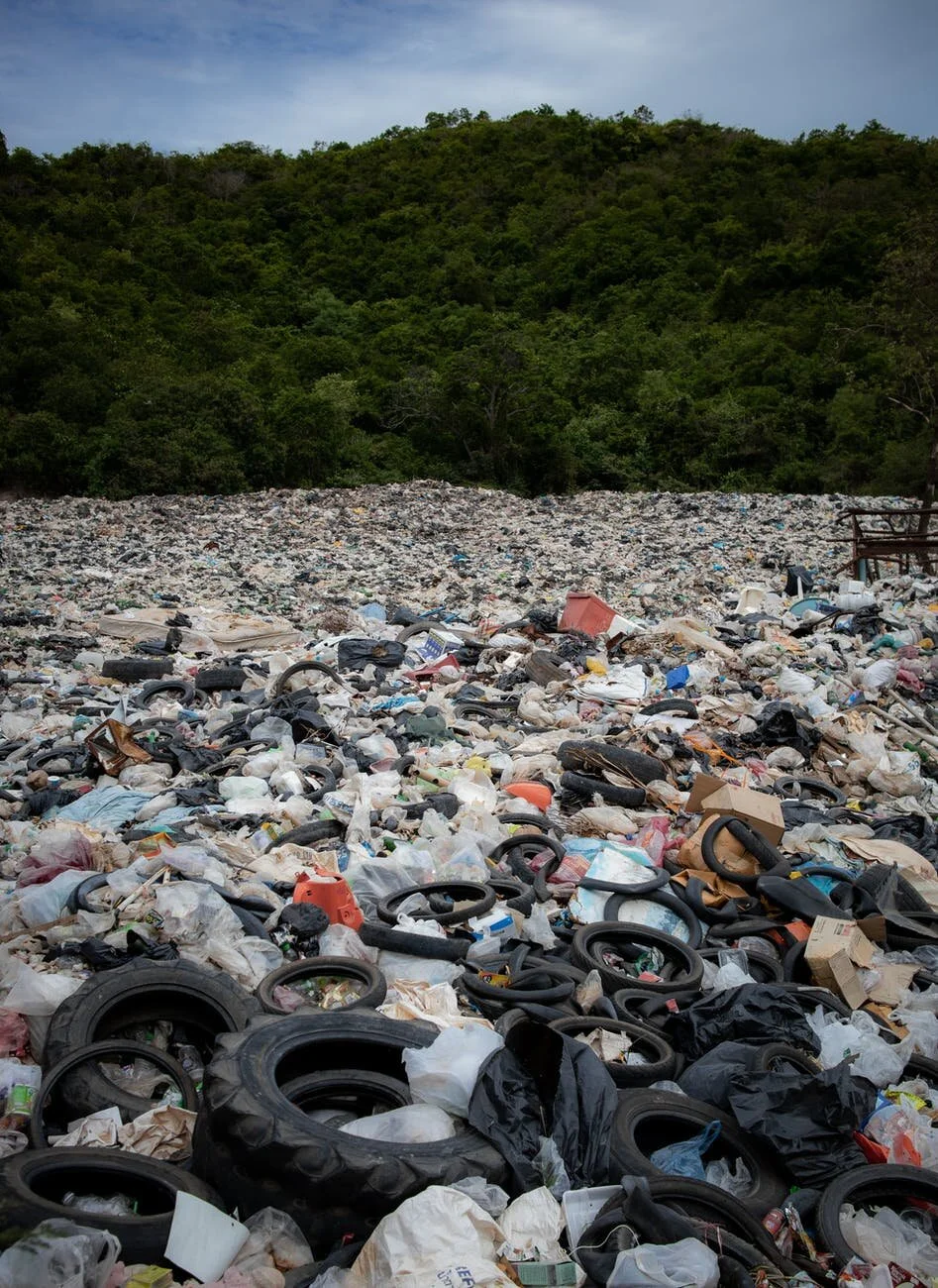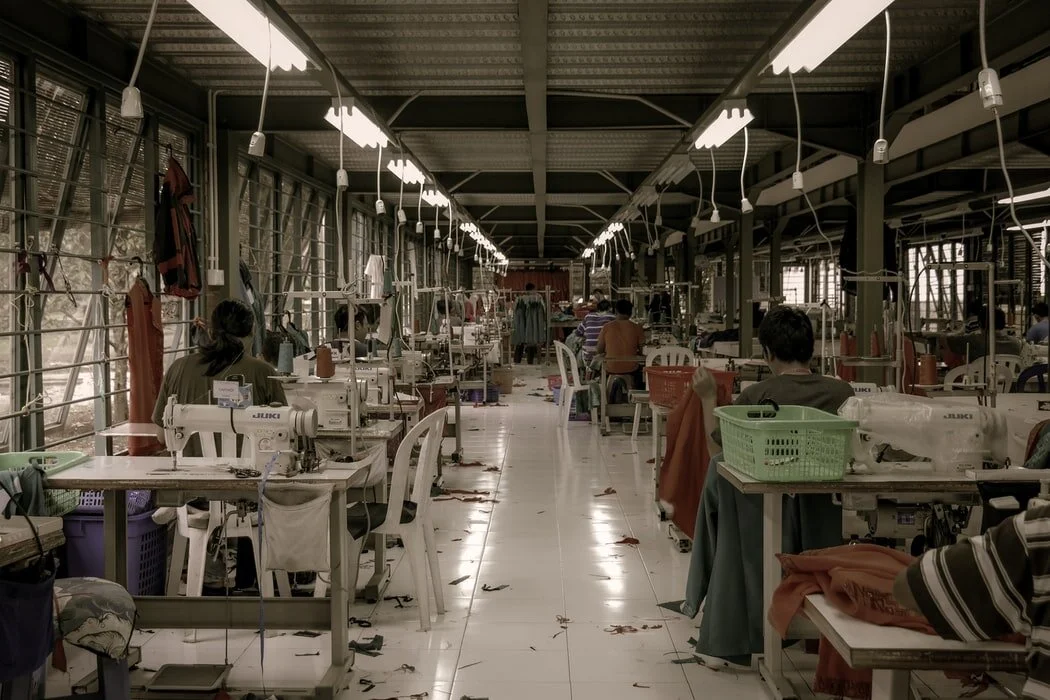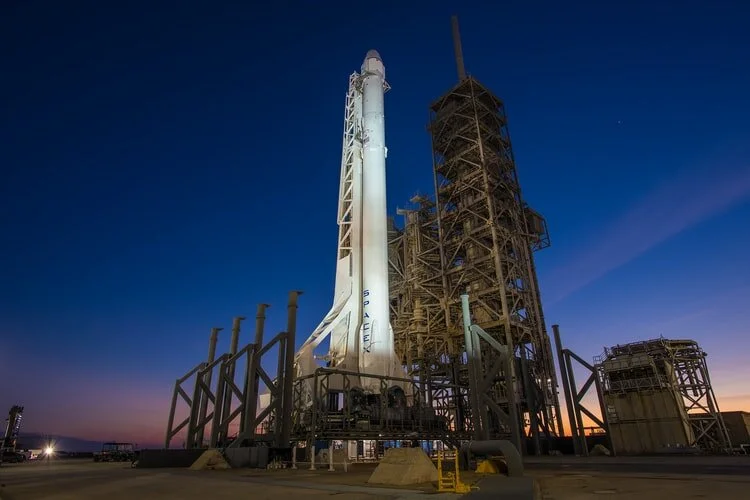The Economics of Climate Change: Uncertainty, Wealth & Welfare
No one can say for certain what the cost of climate change will be. When economists and scientists calculate the damage or social cost of a tonne of carbon, estimates range from $30 to almost $1500 per tonne of carbon dioxide equivalent (tCO2e) emissions. This uncertainty can present challenges for businesses who are increasingly evaluating their carbon footprint in value terms.
The choice available (any of which can be considered correct) means that the economic cost of a business’s greenhouse gas emissions can shift by an order of magnitude depending on a single analytical choice.
Counterintuitively, this range of uncertainty is not necessarily a problem. Precision is relative and the most important decision a business can make is to integrate non-financial impacts – such as water usage, waste, or gender inequality – into their decision-making processes. These should be integrated into traditional financial accounting measures like profit and loss statements and balance sheets.
Sustainability must be measured, so that it can be managed.
In this field, uncertainty is inevitable and acceptable. However this doesn’t mean that the pursuit of a more accurate or at least broader view of the economic cost of climate change is not worthwhile. At Route2 we’re currently investigating how to broaden the methodology for evaluating the impacts of climate change through the integration of other impacts.
An influential publication suggests a range of costs, from $305 per tCO2e to $1,454 per tCO2e. You can find an insightful data visualisation of the variation by country here, showing the different projected financial impacts of climate change in different countries around the world.
A limitation with the prevailing social costs of climate change is that they often focus on the impact on Gross Domestic Product (GDP) in the year 2100 discounted to today, putting a present-day value on future reductions in GDP. A change in GDP caused by greenhouse gas emissions, and by extension, climate change, is driven by the projected impacts of extreme weather events, food shortages, droughts and so on. These impacts do not just affect GDP, a measure often criticised as “it merely reflects the size of a nation’s economy and doesn’t reflect a nations welfare”. These impacts affect and will continue to affect global welfare, and therefore should be reflected in a more rounded economic valuation methodology.
So, what drives welfare beyond wealth? Health, both human and ecological.
Climate change is expected to cause 250,000 additional deaths per year between 2030 and 2050. Further, on our current trajectory, ‘losses of 50% are projected in 49% of insects, 44% of plants, and 26% of vertebrates’.
Route2 is investigating introducing human and ecological health (welfare) through the incorporation of two quantitative measures published by LC Impact: Disability Adjusted Life Years (DALYs) (a measure of years lost to disability, disease, or early death) lost per tonne of CO2e and Potentially Disappeared Fraction of Species (PDF) per tonne of CO2e.
These measures quantify the morbidity and mortality of a population and the change in biodiversity potential associated with greenhouse gas emissions. DALYs can be translated into value terms using the Value of Statistical Life (VSL). PDFs can be evaluated in terms our willingness to pay to retain the state of biodiversity we appreciate today.
Using a population weighted average of the Value of Statistical Life Year (£23,000) and an economic cost of £0.08 per PDF, Route2 currently estimates the welfare cost of greenhouse gas emissions to be £288 per tonne.
This suggests that the United Kingdom’s 435.2 million tonnes of CO2e emissions in 2019 alone will reduce global welfare (human and ecological health) by £125 billion.
Evaluating the impact on welfare in addition to wealth is key to understanding climate change, concerns of uncertainty less so.
Route2 delivers unique insights into the total impact of business activities. We offer businesses expert advice and analysis about historical and future performance. Our services (coined Value2Society) strengthen decision making, establish competitive advantage and enhance the value business delivers to society.
To find out more, email us at info@route2.com or phone +44 (0) 208 878 3941
Follow our social media to never miss a post:











